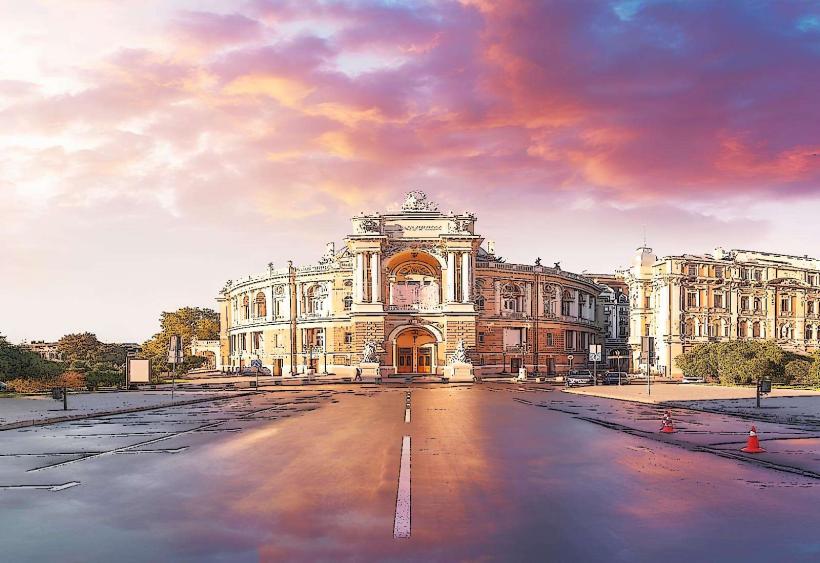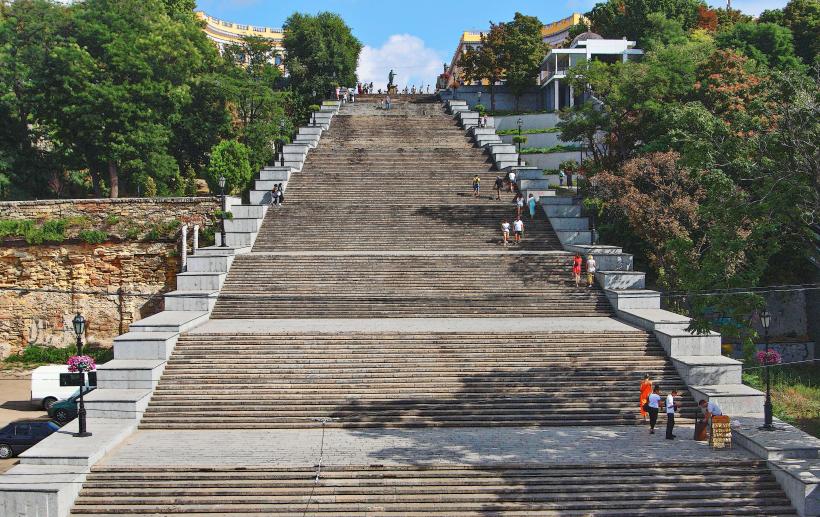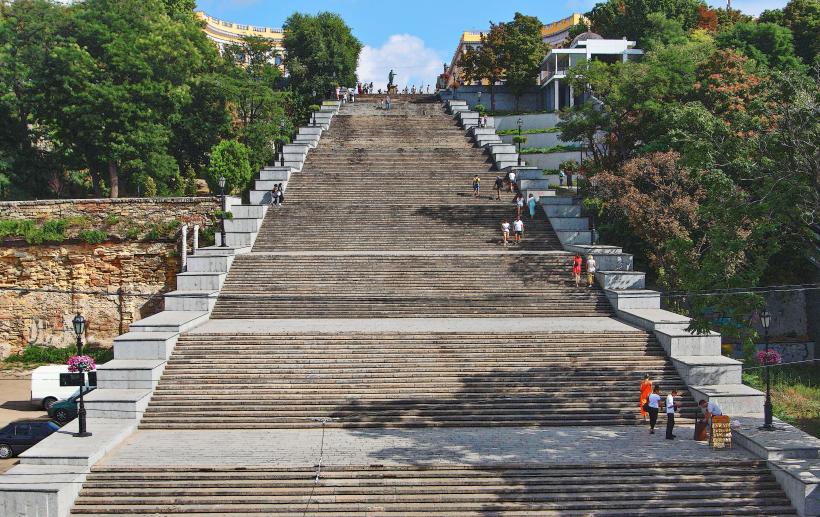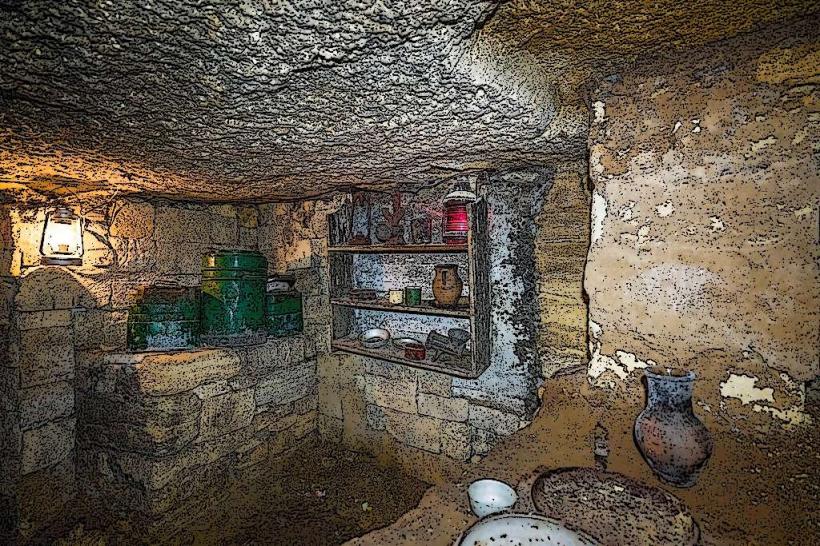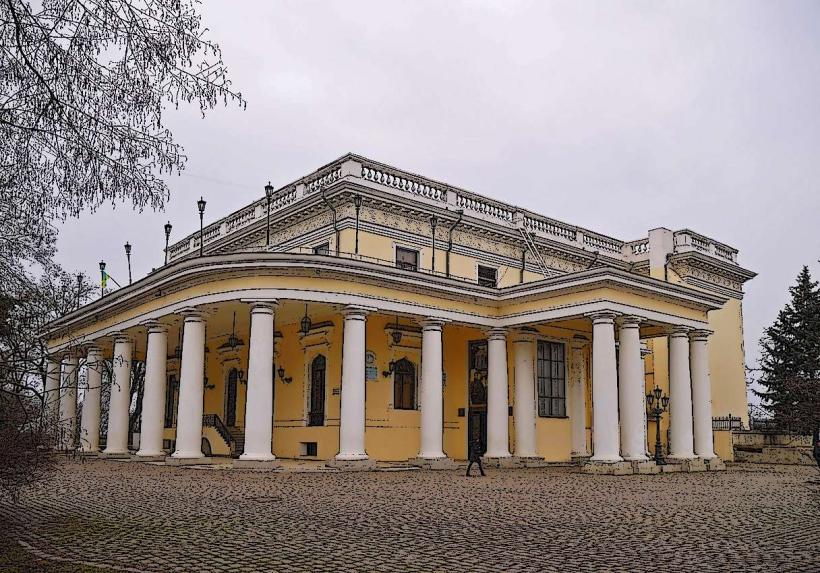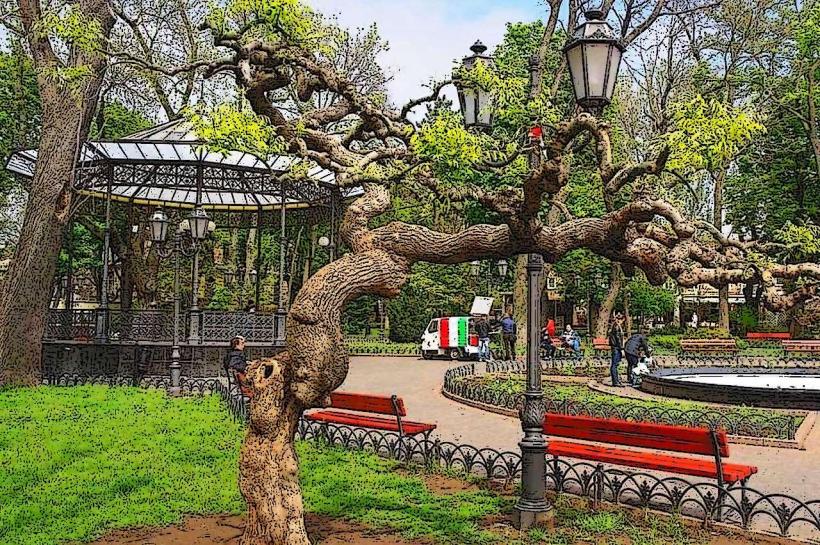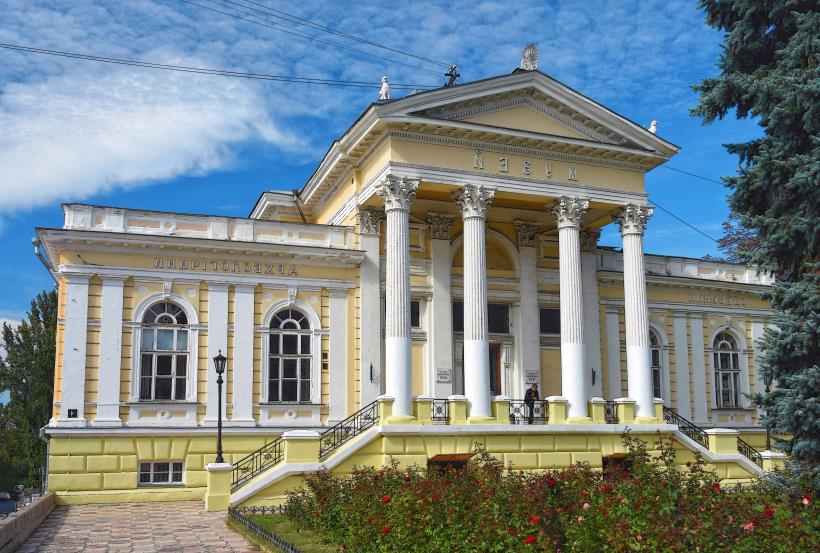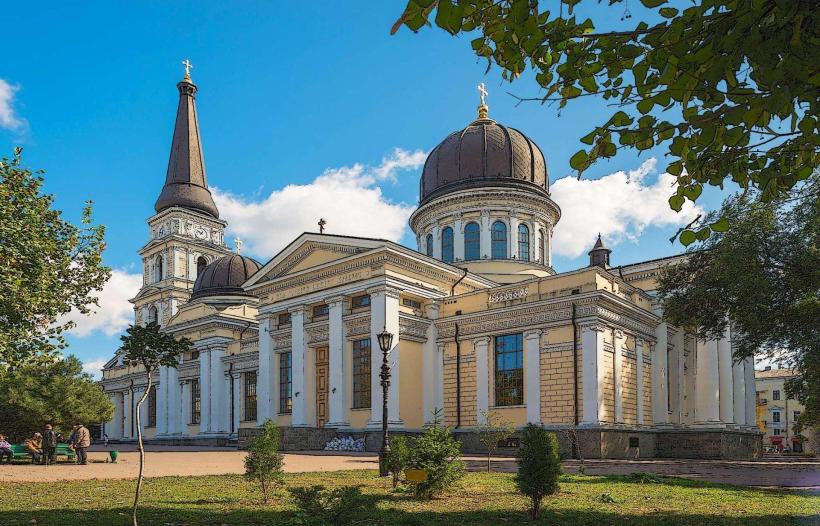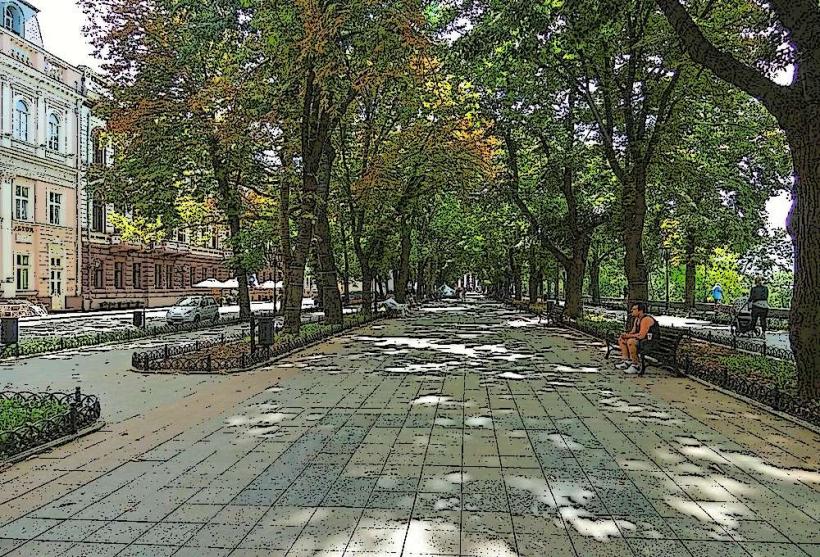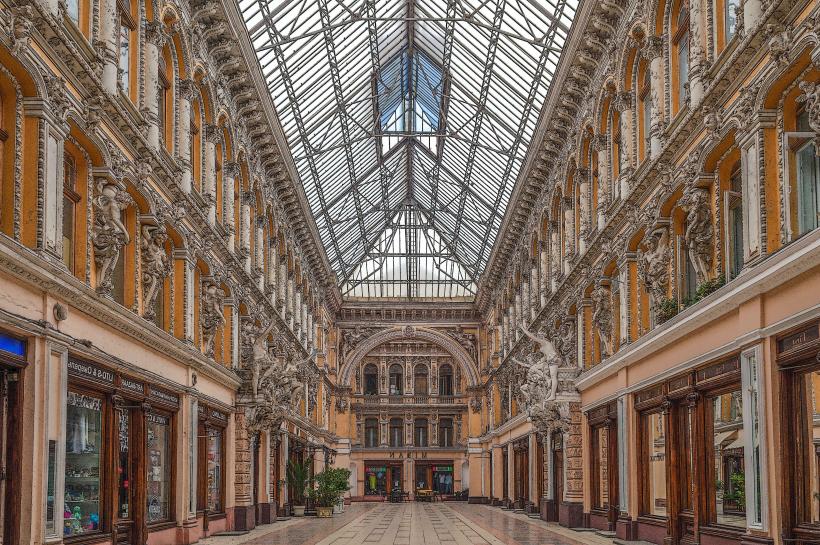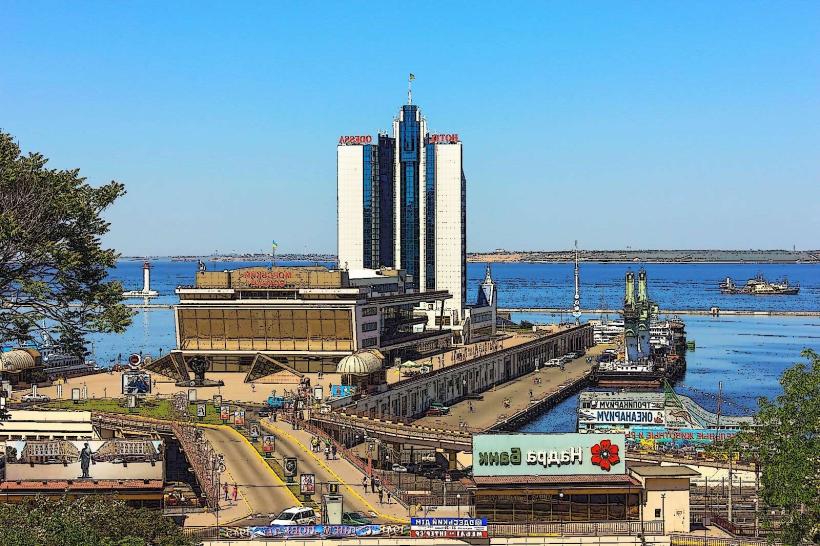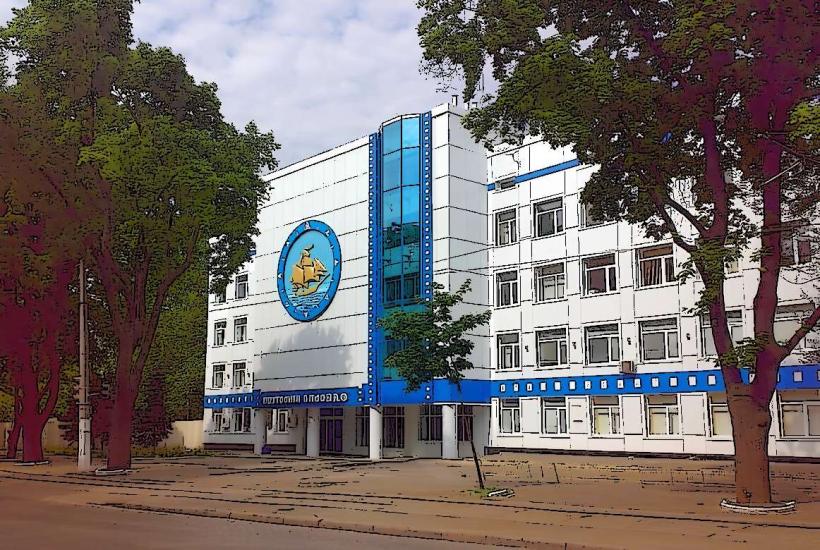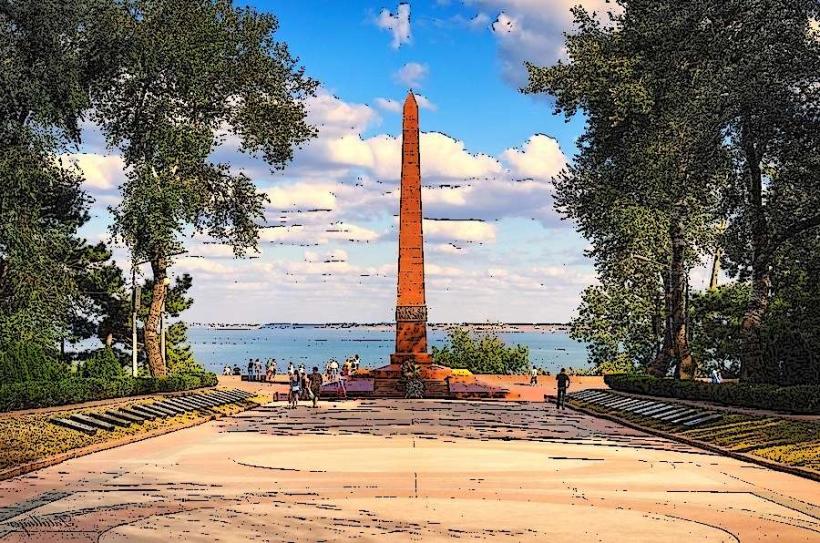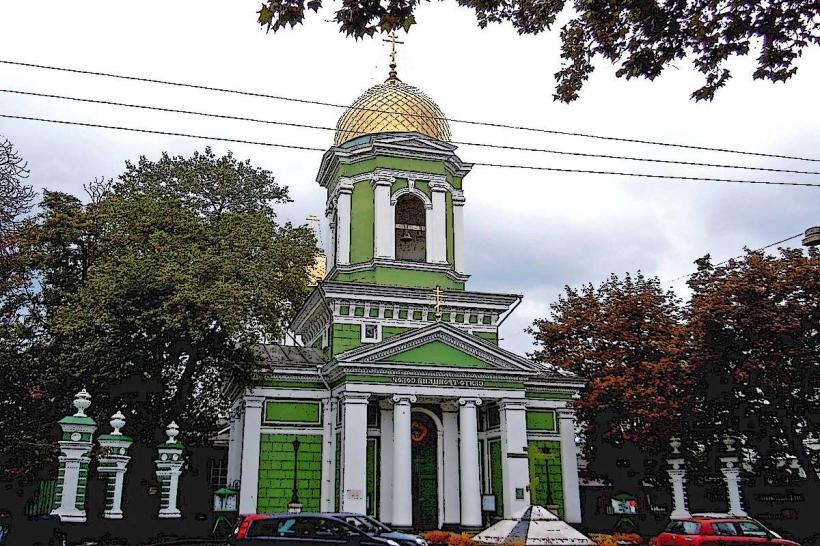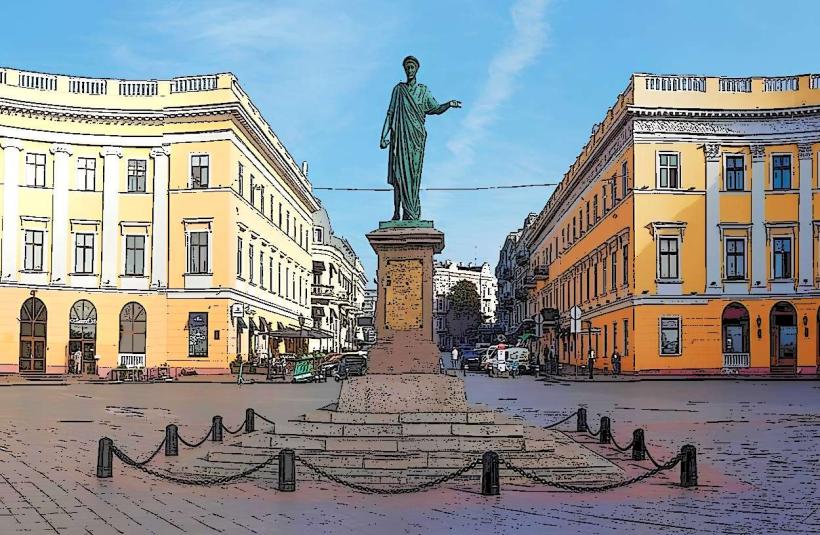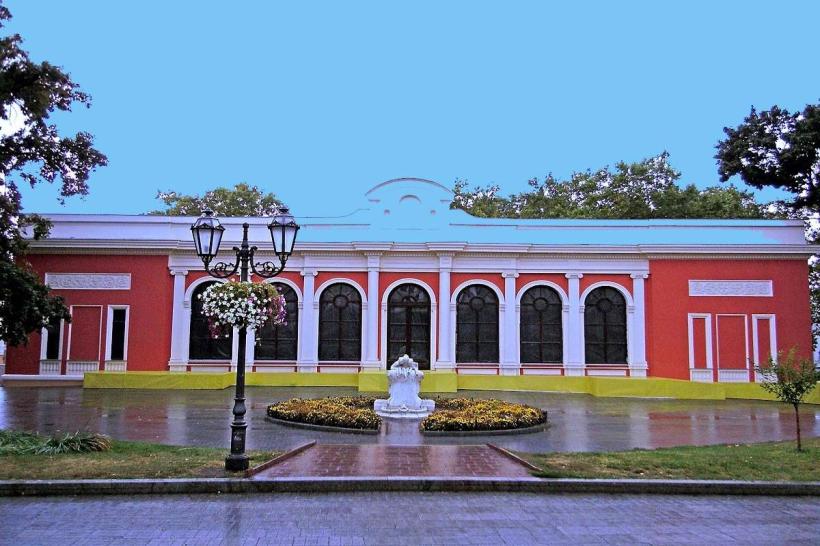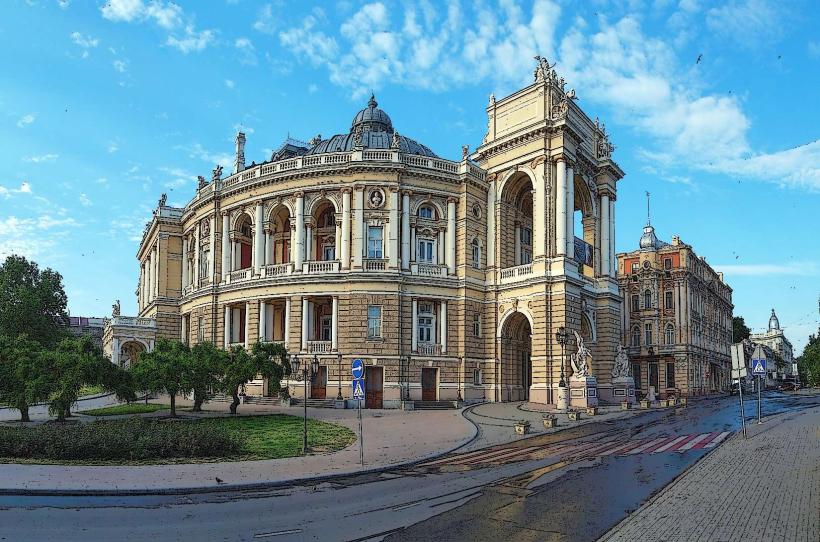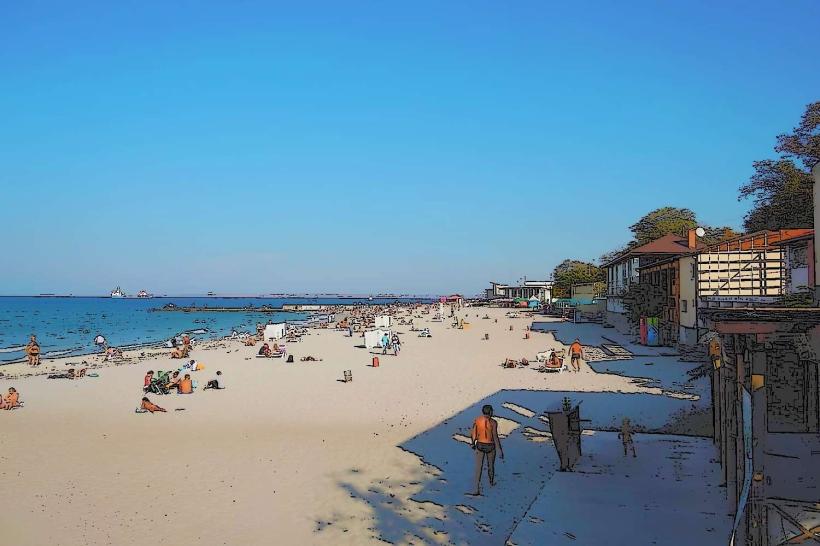Information
Landmark: Museum of Western and Eastern ArtCity: Odesa
Country: Ukraine
Continent: Europe
Museum of Western and Eastern Art, Odesa, Ukraine, Europe
The Museum of Western and Eastern Art is located in Odesa, Ukraine. It houses a collection of art spanning various global cultures and periods.
Visual Characteristics
The museum building is a neoclassical structure constructed from white limestone. It features a prominent portico with Corinthian columns and a pediment. The facade is symmetrical, with large arched windows on the ground floor and rectangular windows on the upper levels. The roof is pitched and covered with terracotta tiles.
Location & Access Logistics
The museum is situated at 52 Pushkinska Street, Odesa. This is approximately 1.5 kilometers south of the city center. Access is via Pushkinska Street, a main thoroughfare. Limited on-street parking is available in the vicinity, often requiring payment. Public transport options include bus routes 117 and 199, which stop within a 5-minute walk at the "Pushkinska Street" stop.
Historical & Ecological Origin
The building was constructed between 1888 and 1892, designed by architects Alexander Bernardazzi and Adolf Minkus. It was originally built as a private residence for the merchant Grigory Marazli. The museum itself was established in 1920, consolidating art collections from various sources.
Key Highlights & Activities
Visitors can view collections of Western European painting, sculpture, and decorative arts from the 16th to 19th centuries. The Eastern art section includes artifacts from China, Japan, and India. The museum offers guided tours focusing on specific collections. Photography without flash is permitted in designated areas.
Infrastructure & Amenities
Restrooms are available on each floor. Limited seating is provided in exhibition halls. Cell phone signal (4G/5G) is generally good within the building. No food vendors are located within the museum; however, several cafes and restaurants are situated on Pushkinska Street and surrounding blocks.
Best Time to Visit
The museum is open Tuesday through Sunday. For optimal lighting on the building's exterior, visit in the morning or late afternoon. Weekday mornings, particularly between 10:00 AM and 12:00 PM, tend to have fewer visitors.
Facts & Legends
A notable artifact in the collection is a 17th-century Persian carpet, known for its intricate design and historical significance. Local lore suggests that the original owner of the building, Grigory Marazli, had a secret passage within the house, though its existence has not been definitively proven.
Nearby Landmarks
- Odesa Opera and Ballet Theater (0.3km Northwest)
- Primorsky Boulevard (0.6km West)
- Duke de Richelieu Monument (0.7km West)
- Potemkin Stairs (0.9km Southwest)
- Odesa Archaeological Museum (0.4km North)

